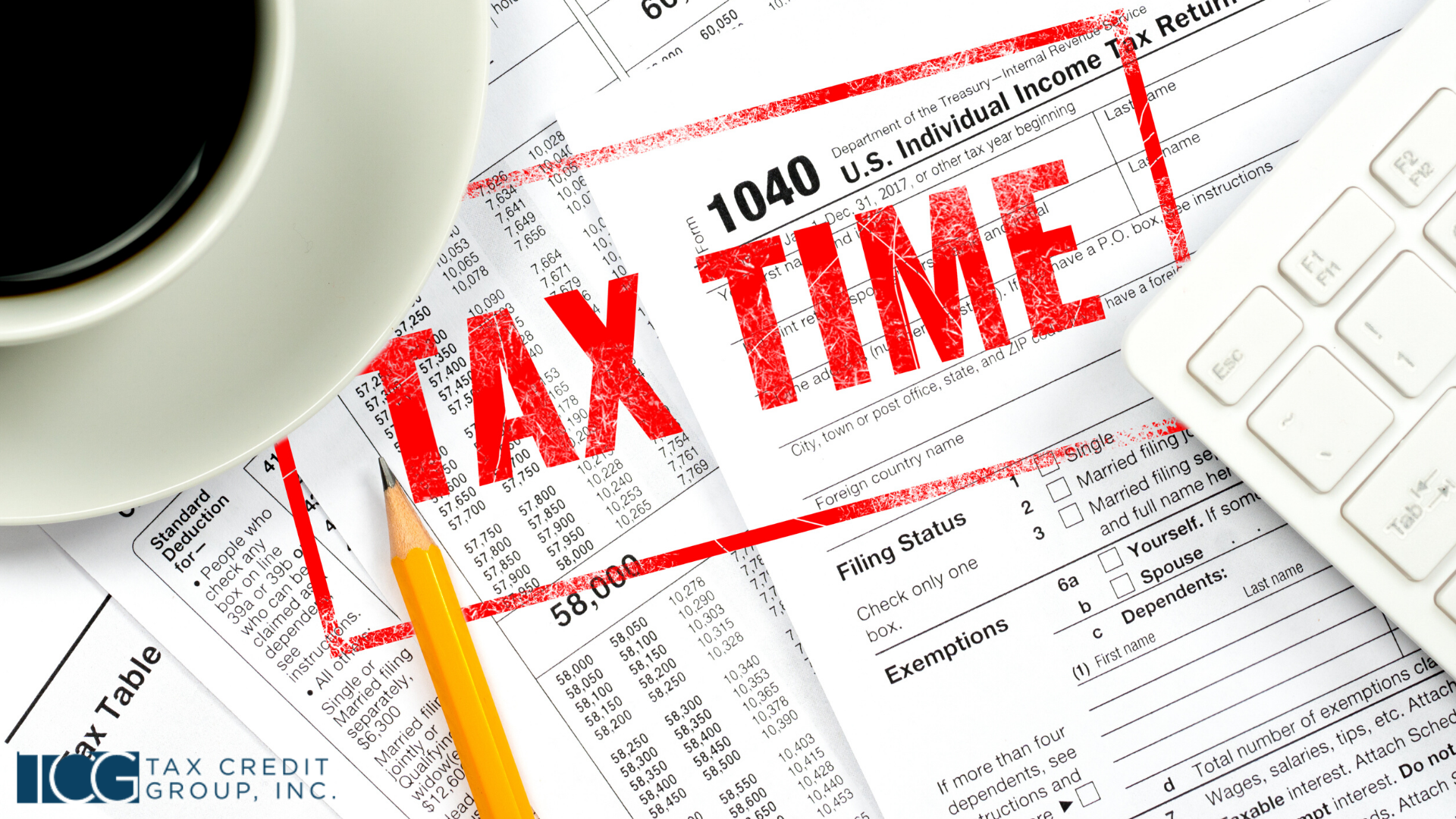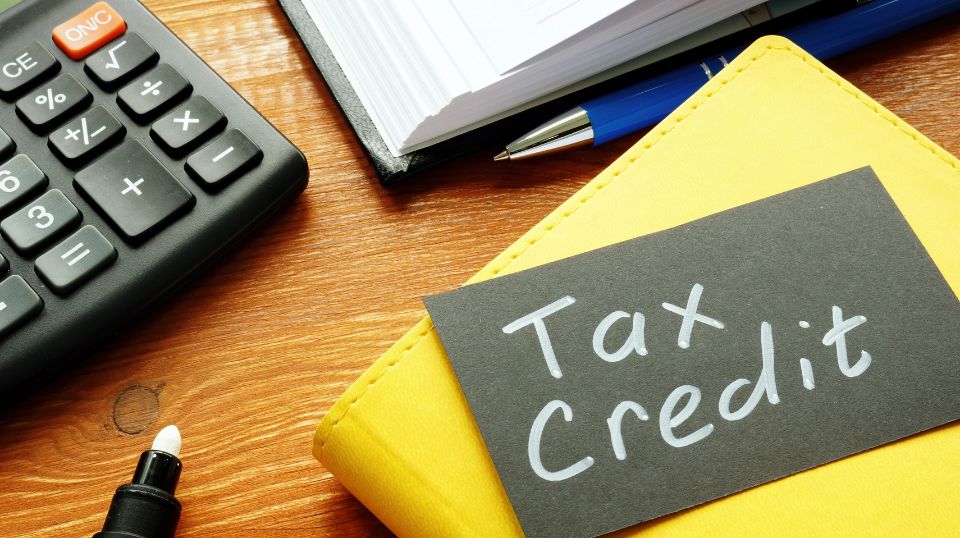 Tax time is coming. There are few certainties year over year, but your tax deadline is one of them. For small business owners, this can be a scary time of year. Have you gathered all the paperwork you need to give your accountant? Have you paid enough in estimates? And the big question, are you going to owe money?
Tax time is coming. There are few certainties year over year, but your tax deadline is one of them. For small business owners, this can be a scary time of year. Have you gathered all the paperwork you need to give your accountant? Have you paid enough in estimates? And the big question, are you going to owe money?
2020 Tax Deadlines
Let’s start with the basics. When are your taxes due? Depending on the type of taxes you file, you have different deadlines. The IRS has a whole booklet on deadlines, but here are the biggest ones.
| Filing Type | Deadline | Extension Deadline |
| Partnership | March 16, 2020 | September 15, 2020 |
| S Corporation | March 16, 2020 | September 15, 2020 |
| C Corporation | April 15, 2020 | October 15, 2020 |
| Sole Proprietorship | April 15, 2020 | October 15, 2020 |
| Personal Taxes | April 15, 2020 | October 15, 2020 |
While extensions are nice, seasoned small business owners know that even if you file a tax extension, the money is still due and a large portion of that tax return has to be completed by the March/April deadline.
In other words, the extension only helps a little.
How it can help, however, is it can give you more time to decide and find those deductions that might help you lower what you owe the federal government. As you’re looking for new deductions that you might have missed, consider some of the following items.
Bad Debt
We’re not talking about the money you may owe someone and have not paid, but the money that a customer owes you and has not paid. To claim a deduction, you must prove to the IRS that you’ve taken multiple actions to try and collect the debt. If you used a professional to help, such as an attorney or collection agency, then that fee is also deductible.
The IRS does not want to punish you simply because someone else refuses to pay.
Interest and Fees
A small amount of debt for a business can be a good thing. Maybe, you’re paying down the purchase of a large piece of equipment or you’ve made improvements and are paying for them in installments. Whatever the case, the IRS will allow you to deduct interest on loans and credit cards as well as late fees. You’re also able to deduct bank fees for overdrafts and insufficient funds.
Home Office
This one is tricky, but completely worth it if you know how to calculate the deductions. You first need to prove that the area you call your home office is where you do a majority of work. Then measure that area.
For instance, if your “office space” is a desk on the side of your living room, then measure the square footage your “office space” takes up. Take into account the footprint of the desk, your office chair and the space around your chair that you use for filing, movement, and supplies. A common misconception is that a home office must be a room with doors and walls. That’s not true. A home office can be a portion of a room.
Once you know the square footage of your home office, you can use that number to calculate the percentage of utilities, mortgage interest, insurance, etc. that your office space uses within the home.
Education and Training
Many professionals need to take courses to maintain their credentials or licenses. Most of those courses cost money. But that money is tax-deductible. Search the past year for any membership dues that you pay to professional organizations, fees for workshops, conferences and tradeshows. They are all tax-deductible.
Conclusion
Remember, the advice in this post is only meant as a guideline and may or may not be pertinent to your specific situation as an individual or small business owner. Only a CPA can tell you whether these deductions are something that you can apply to your business. Be sure to consult a professional before you make any deductions that you are unsure about.
And as you’re preparing for your meeting with your CPA, get a jump on some of the things he or she might ask you for. If you’re looking for a place to start, take a look at our previous post 10 Things Small Business Owners Can Do to Get A Head Start on Taxes.





